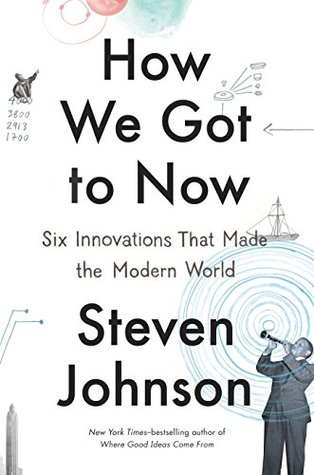More on this book
Community
Kindle Notes & Highlights
This was Tudor’s frugal genius: he took three things that the market had effectively priced at zero—ice, sawdust, and an empty vessel—and turned them into a flourishing business.
And yet somehow artificial cold became imaginable in the middle of the nineteenth century. To use the wonderful phrase of the complexity theorist Stuart Kauffman, cold became part of the “adjacent possible” of that period.
FOR SOME REASON, sound technology seems to induce a strange sort of deafness among its most advanced pioneers. Some new tool comes along to share or transmit sound in a new way, and again and again its inventor has a hard time imagining how the tool will eventually be used. When Thomas Edison completed Scott’s original project and invented the phonograph in 1877, he imagined it would regularly be used as a means of sending audio letters through the postal system. Individuals would record their missives on the phonograph’s wax scrolls, and then pop them into the mail, to be played back days
...more
This is one of those places where our basic sensibilities deviate from the sensibilities of our nineteenth-century ancestors. They look and act like modern people in many ways: they take trains and schedule meetings and eat in restaurants. But every now and then, strange gaps open between us and them, not just the obvious gaps in technological sophistication, but more subtle, conceptual gaps. In today’s world, we think of hygiene in fundamentally different ways.
The larger question is, as virologist Jonas Salk once asked, “Are we being good ancestors?”
It’s remarkable to think that only two hundred years ago, this was the reality of artificial light: if your great-great-great-grandfather wanted to read his book after dark, some poor soul had to crawl around in a whale’s head for an afternoon.
His written accounts of the shame of the cities belonged to a long tradition, dating back at least to Dickens’s horrified visit to New York in 1840. A number of exhaustive surveys of tenement depravity had been published over the years, with titles like “The Report of the Council of Hygiene and Public Health.” An entire genre of “sunshine and shadow” guidebooks to Five Points and its ilk flourished after the Civil War, offering curious visitors tips on exploring the seedy underbelly of big-city life, or at least exploring it vicariously from the safety of a small-town oasis. (The phrase
...more


